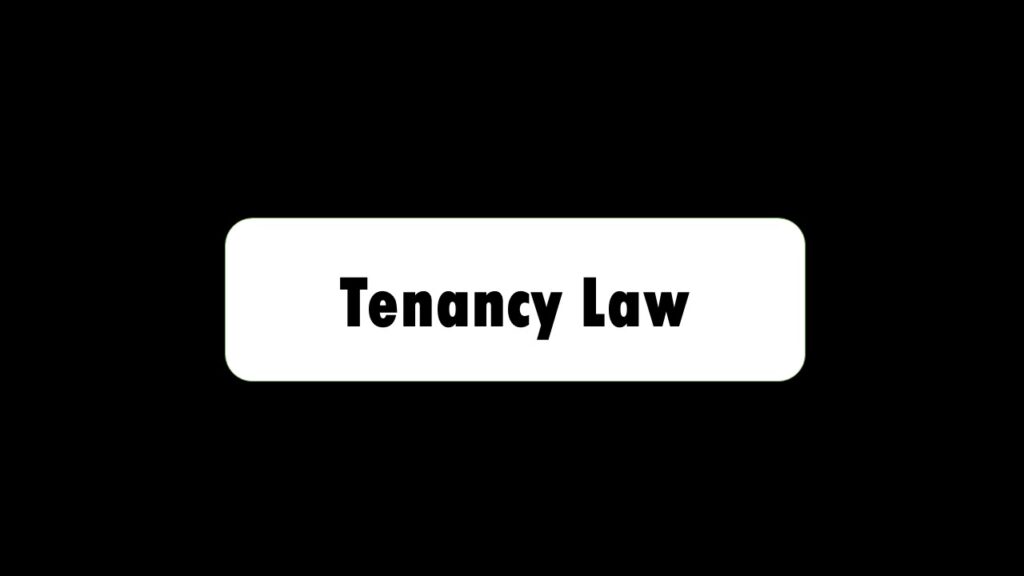Variety Emporium vs. V.R.M. Mohd. Ibrahim Naina [(1985) 1 SCC 251]
Personal requirement for ejectment of a tenant must continue to exist on the date when the proceeding is finally disposed
16. No authority is needed for the proposition that, in appropriate cases, the Court must have regard to events as they present themselves at the time when it is hearing the proceeding before it and mould the relief in the light of those events. We may, however, draw attention to a decision of this Court in Hasmat Rai v. Raghunath Prasad MANU/SC/0604/1981: [1981] 3 SCR 605, the ratio of which may be stated thus:
When an action is brought by a landlord for the eviction of a tenant on the ground of personal requirement the landlord’s need must not only be shown to exist at the date of the suit, but it must exist on the date of the appellate decree, or the date when a higher Court deals with the matter. During the progressed passage of proceeding from court to court, if subsequent events occur which, if noticed, would non-suit the landlord, the court has to examine and evaluate those events and mould the decree accordingly. The tenant is entitled to show that the need or requirement of the landlord no more exists by pointing out such subsequent events, to the court, including the appellate court. In such a situation, it would be incorrect to say that as a decree or, order for eviction is passed against the tenant he cannot invite the Court to take into Consideration subsequent events. The tenant can be precluded from so contending only when a decree or order for eviction has become final. (See pages 606-607).
Justice R. S. Pathak who concurred with Justice D.A. Desai and Justice Venkataramiah, expressed the same view thus :
It is well settled now that in a proceeding for the ejectment of a tenant on the ground of personal requirement under a statute controlling the eviction of tenants, unless the statute prescribes to the contrary, the requirement must continue to exist on the date when the proceeding is finally disposed of either in appeal or revision, by the relevant authority. That position is indisputable. (See page 624).
